With one touch, I can see what is happening across the world. While beautiful things often reach my eyes – lives being saved, freedom being achieved, art being created – there is also a multitude of horrors that trample their way to my attention. The world is no stranger to violence, but new technology allows it to be more apparent. The written word has always been seen as a weapon; the header of this very blog depends on a saying that compares a pen to a sword. However, by a sword I mean not to imply an attack, but defence. Many tributes have been paid to those affected by the senseless violence sweeping across our world, and I would like to add to them in a way that felt the most genuine to myself: through words.
The following quotes were born from the minds of writers from countries that have, all too recently, wept because of the number of lives being taken from them. However, those countries are not defined by bloodshed and grief; they have their own beautiful cultures, traditions, and stories. The following words represent the strength, talent and beauty of the countries that their writers are from.
NIZAR QABBANI
“I love her when she drinks her morning coffee,
and she drinks me.
I love her more when she assures me she’ll take over the world,
and she takes over me.”
Syrian poet Nizar Qabbani wrote over 30 works devoted to notions such as love, nationalism, and feminism in his lifetime; he published his own book of poetry (The Brunette Told Me) at the age of 21 while studying Law. Having lost his sister to suicide after being told that she had to marry a man she did not love, Qabbani began writing about the relationship between men and women in his culture, going on two write about the troubles riddling politics. He also wrote of love in a way that immortalizes the concept as something strong yet gentle.
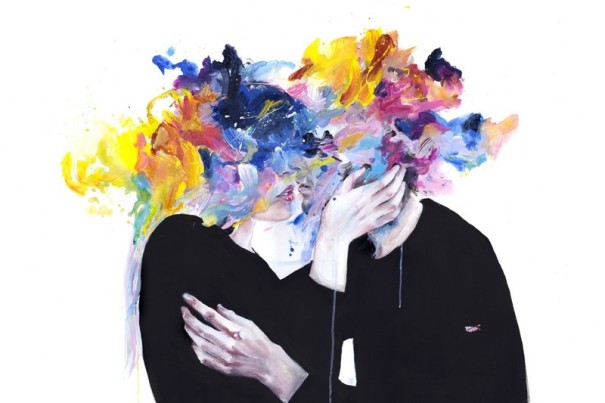
ARUNDHATI ROY
“He folded his fear into a perfect rose. He held it out in the palm of his hand. She took it from him and put it in her hair.”
-The God of Small Things
Indian author Arundathi Roy is also a political activist with a background of writing screenplays. Her most popular piece of work – The God of Small Things – reached eighteen countries less than a month after it was published and was named one of the top five books to read by Time by the end of the year. Her voice, just in the book alone, is fearless.
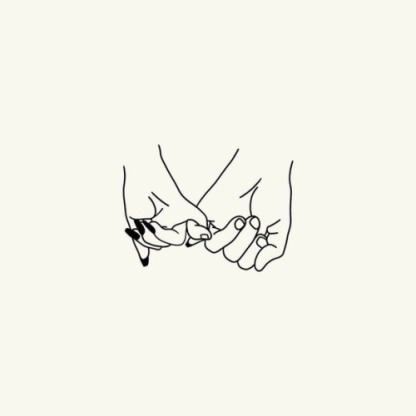
ANTOINE DE SAINT-EXUPÉRY
‘“The men where you live,” said the little prince, “raise five thousand roses in the same garden… and they do not find in it what they are looking for.”
“They do not find it,” I replied.
“And yet what they are looking for could be found in one single rose, or in a little water.”‘
– The Little Prince
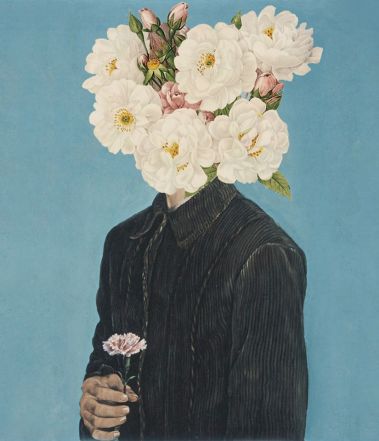
MAYA ANGELOU
‘Find a beautiful piece of art. If you fall in love with Van Gogh or Matisse or John Oliver Killens, or if you fall love with the music of Coltrane, the music of Aretha Franklin, or the music of Chopin — find some beautiful art and admire it, and realize that that was created by human beings just like you, no more human, no less.’
The American poet and activist is one of my most favourite writers. The strength and conviction with which Angelou spoke about her experiences denied the ability to look past her talent with words and the meaning behind them. She also created a range of media products, and was – and still stands to be – a face of strong black women. Angelou’s writing explores a range of topics that vary from family to racism, but, no matter what the subject of her work, her character is evident in it with sovereignty.
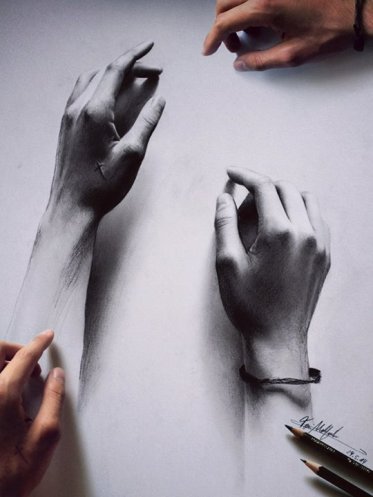
DUNYA MIKHAIL
‘On the first morning
of the new year
all of us will look up
at the same sun.’
The Iraqi poet has been writing since her teenage years, entranced by the tales of mythology that her grandmother used to reach to her as a young child. As an adult, Mikhail’s words were not only her sword and shield while battling for freedom of speech, but also her serenity; in 2001 she received the Human Rights Award for Freedom of Writing.
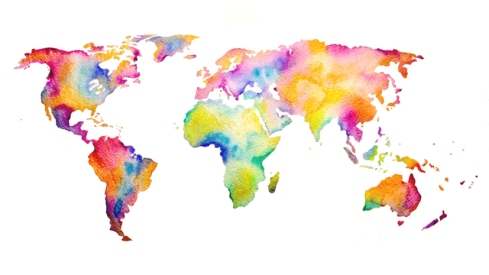
MONICA ALI
‘If you think you are powerless, then you are.’
Bangladeshi writer Monica Ali moved to England as a young child and later graduated from the University of Oxford in Philosophy, Politics and Economics. While having left her homeland at a young age, her debut novel – Brick Lane, which was shortlisted for the Man Booker Prize – features a Bangladeshi woman who moves to England with a very limited understanding of the English language. She later published a collection of essays, along with three other novels.
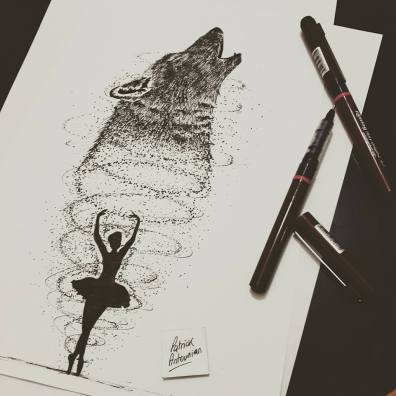
HERMANN HESSE
‘We are sun and moon, dear friend; we are sea and land. It is not our purpose to become each other; it is to recognize each other, to learn to see the other and honor him for what he is: each the other’s opposite and complement.’
– Narcissus and Goldmund
German author and artist Hermann Hesse received a Nobel Prize for his writing in 1946, but was, from a young age, described as a talent (as well as a bit of effort for his mother, who defined Hesse to have had ‘a powerful will’). His relationship with the written word began at the age of eighteen, when Hesse started working in a bookshop; he soon dedicated his spare time to reading and research. Alongside the Nobel Prize in Literature, Hesse won eight other awards for his writing, which explored identity and spirituality.
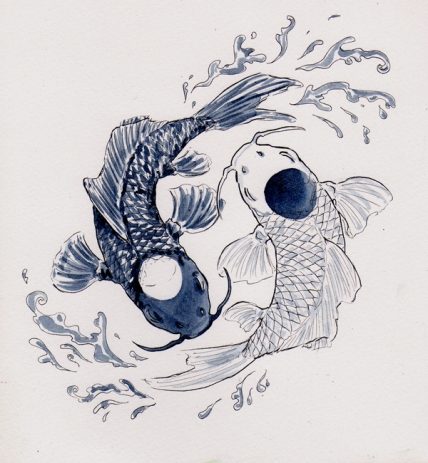
ELIF SHAFEK
– The Forty Rules of Love
Turkish author and academic Elif Shafek has published over a dozen works in both English and Turkish that marry Eastern and Western traditions. Her writing refuses to shy away, and has earned her over fifteen awards, as well as the title of Chevalier de l’Ordre des Arts et des Lettres.
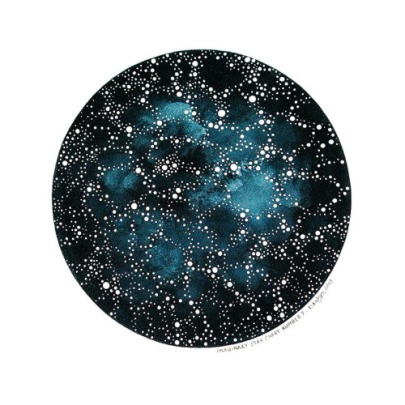
Featured image: credit
Images: 1 / 2 / 3 / 4 / 5 / 6 / 7 / 8